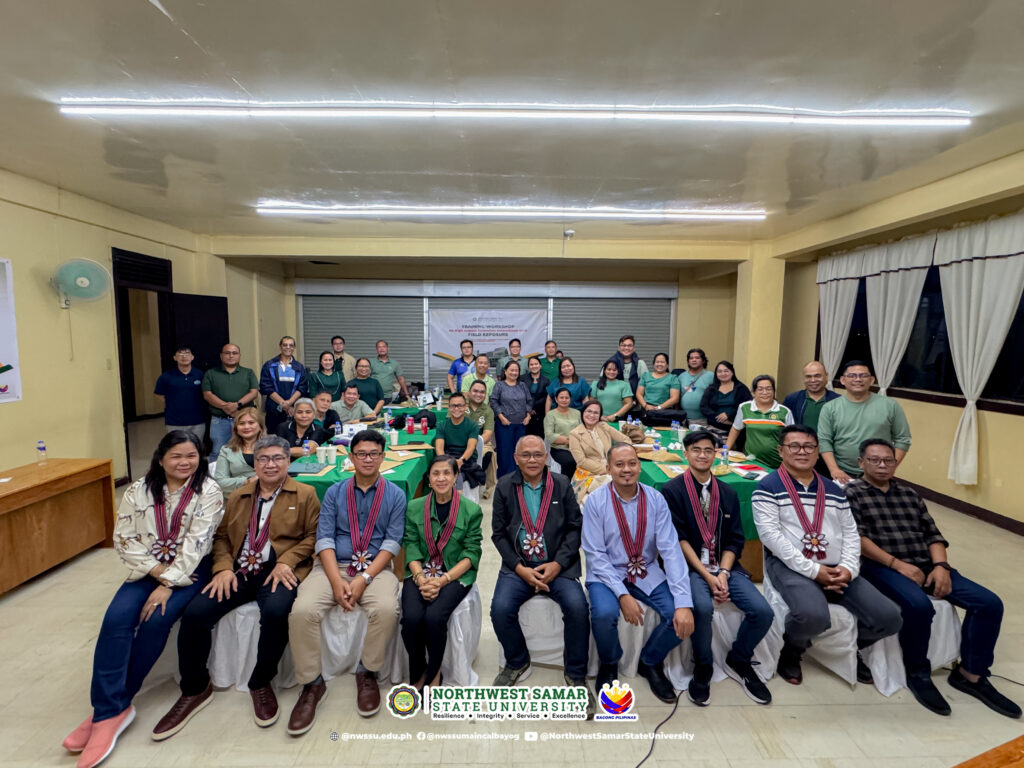
Faculty and non-teaching personnel from Northwest Samar State University (NwSSU) participated in the Training-Workshop on High Impact Extension Innovations with Field Exposure held on June 17–19, 2025, at Igorota Hall, Benguet State University (BSU) in La Trinidad, Benguet. The event brought together extension professionals and scholars to strengthen their skills in designing, managing, and evaluating community-centered, high-impact extension initiatives.

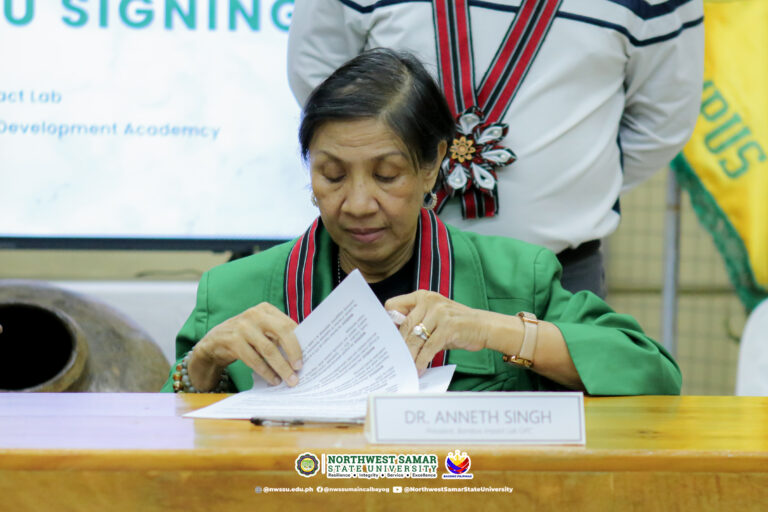
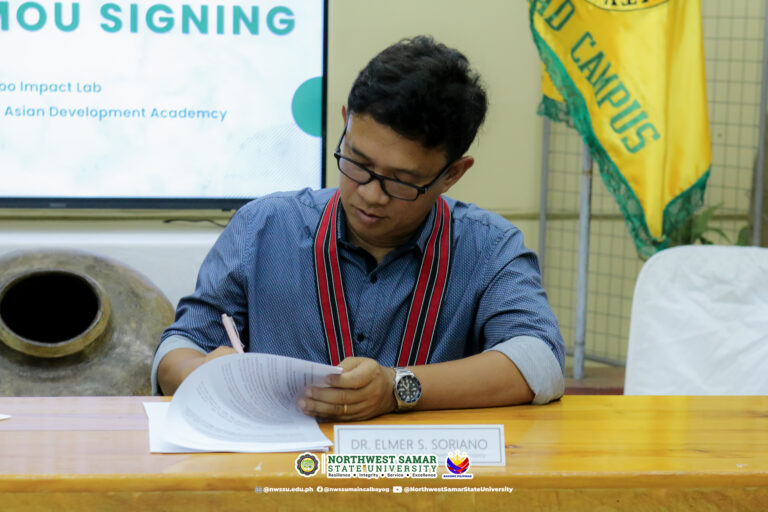
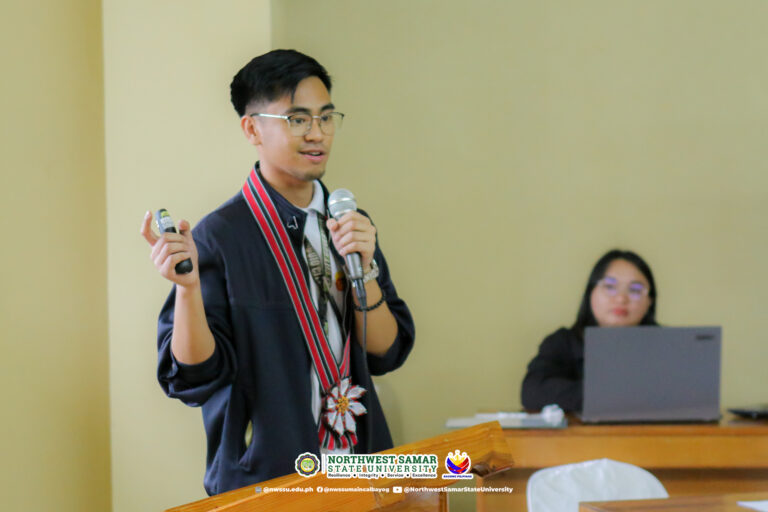
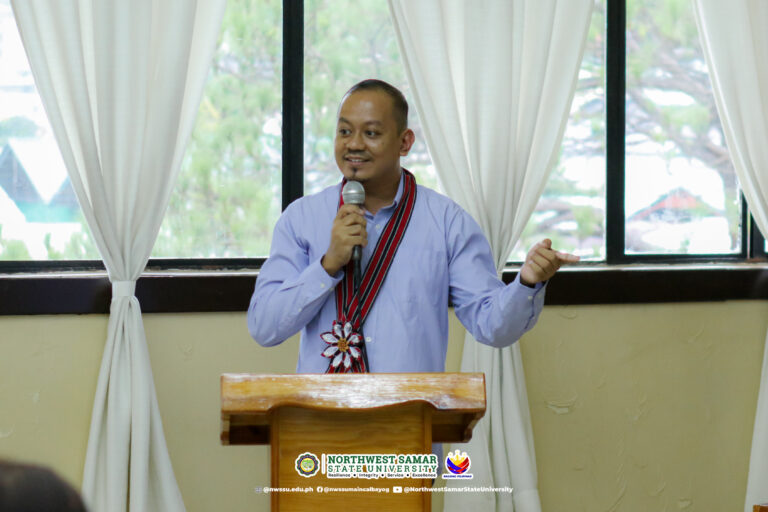
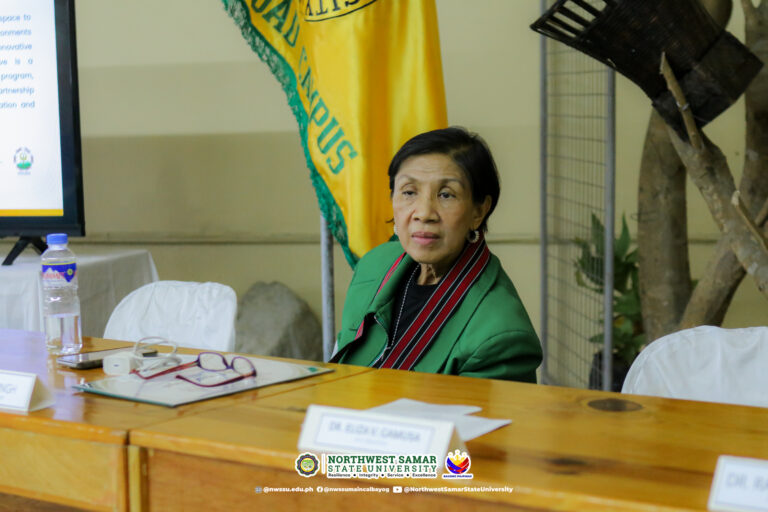

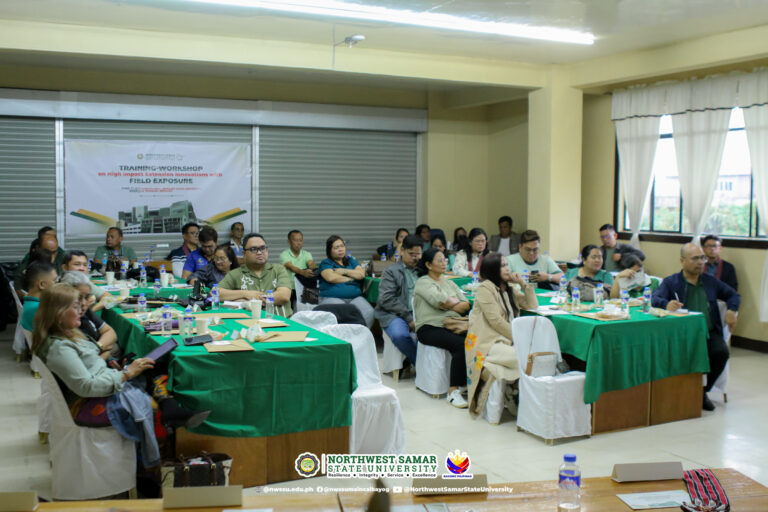
The initiative was born out of the NwSSU Graduate School’s commitment to revitalize its extension mandate. In recent years, particularly during and after the pandemic, the University acknowledged a gap in faculty- and learner-initiated extension projects. This led to a purposeful exploration led by the VP for Administration & Finance who was concurrently the GS Extension Coordinator, joined by the Office of the Dean of the Graduate School, Extension Services Office, and Project Development Unit. This has resulted in proposing the training-workshop in partnership with the Bamboo Impact Lab OPC, led by Dr. Anneth Singh, Affiliate Scientist at Ateneo de Manila University. The effort aligns with the Commission on Higher Education’s Memorandum Order No. 15, s. 2019, which mandates graduate schools to promote advanced competencies that support agro-industrial productivity, entrepreneurship, inclusive development, and environmental sustainability.
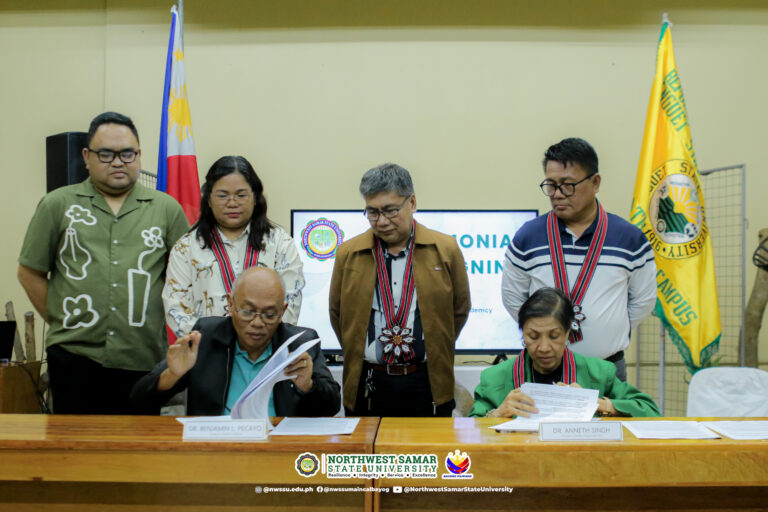
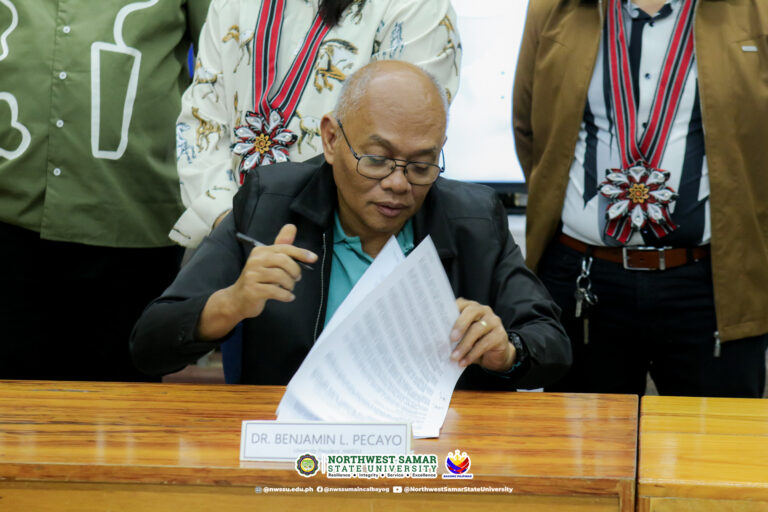


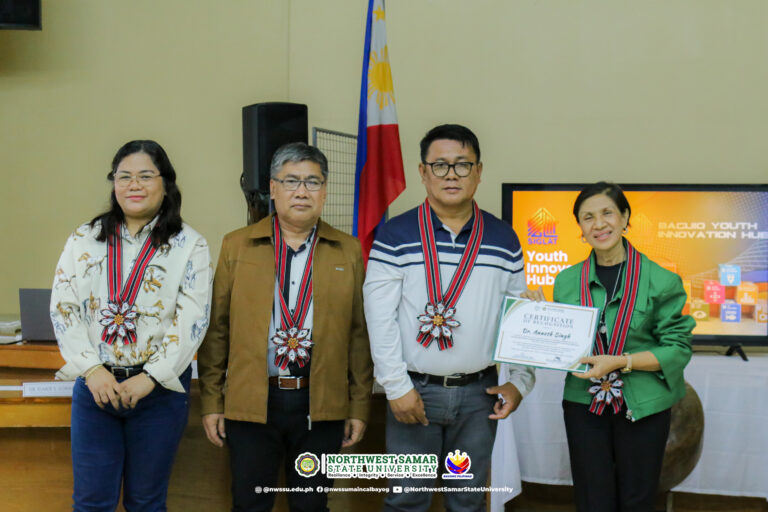
The event opened with a ceremonial signing between NwSSU, Civica Knowledge Management Solutions, and Bamboo Impact OPC—formally establishing a tripartite linkage in support of innovative, partnership- driven extension work. This was followed by plenary sessions that set the tone for the workshop’s central themes. The session titled “SIGLAT: Innovations in Youth and Community Development” was delivered by Mr. Adrian Leung on behalf of Dr. Donna R. Tabangin, followed by Dr. Marren Adan’s presentation on “Blue Economy Breakthroughs: Research-Based Extensions in Countryside Maritime.” Dr. Anneth Singh led the session on “Bamboo Impact Breakthroughs: From Research-Based Innovations to Business-Based Extensions,” and the final talk, “Bridging Leadership: Connecting Leadership Innovations and High-Impact Extension,” was facilitated by Dr. Elmer Soriano.
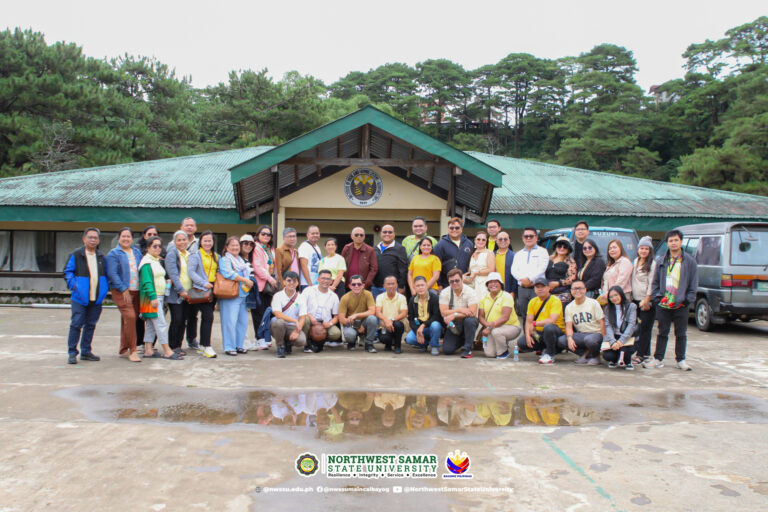
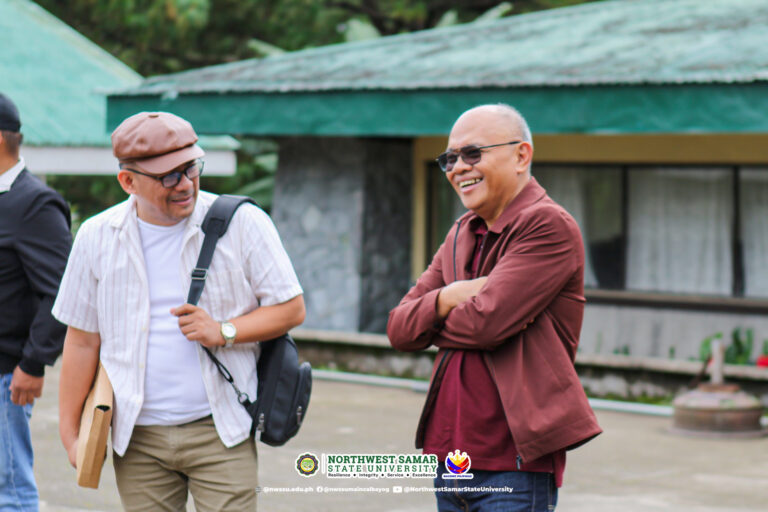
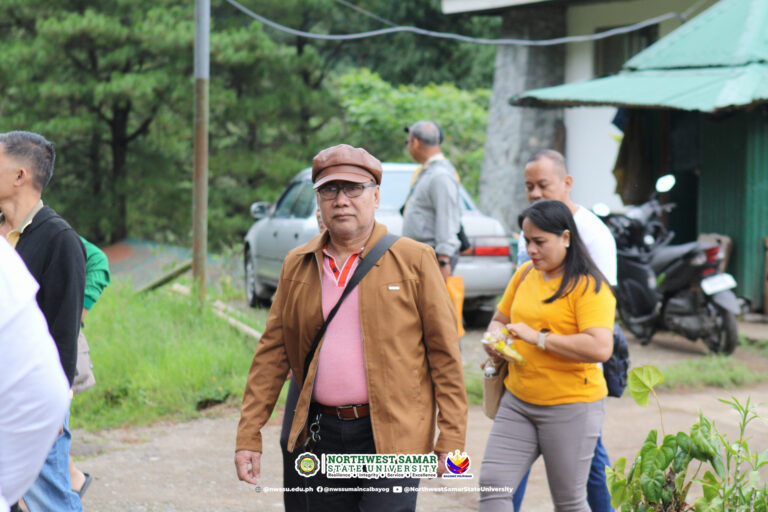
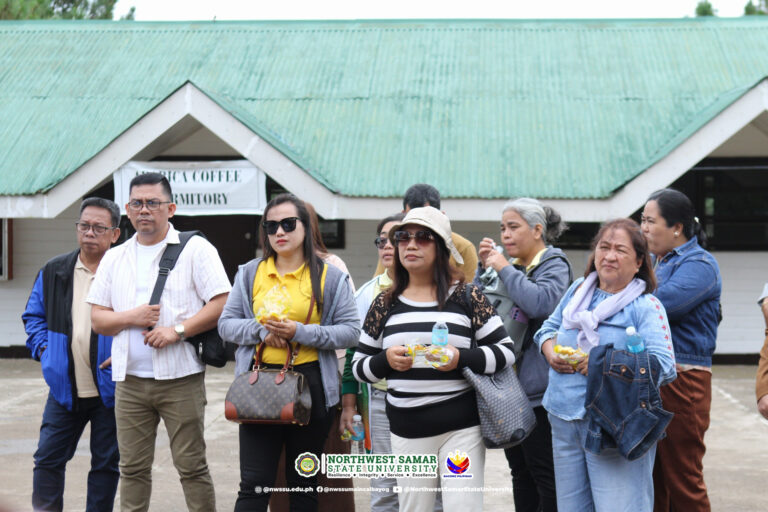
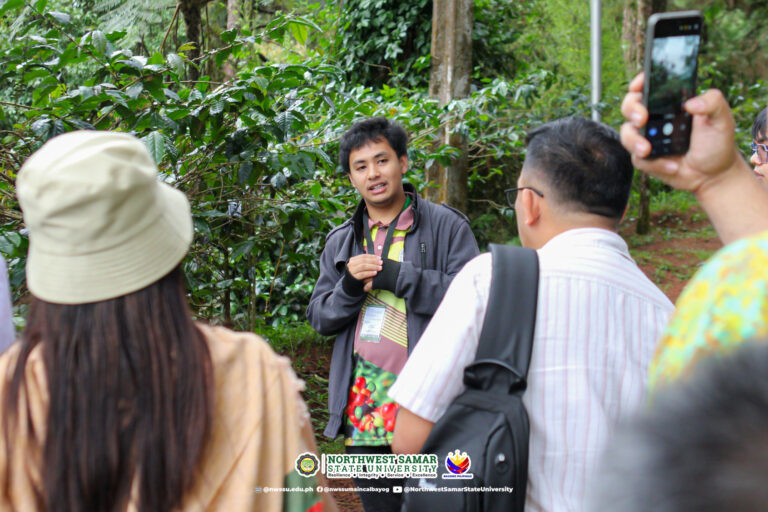
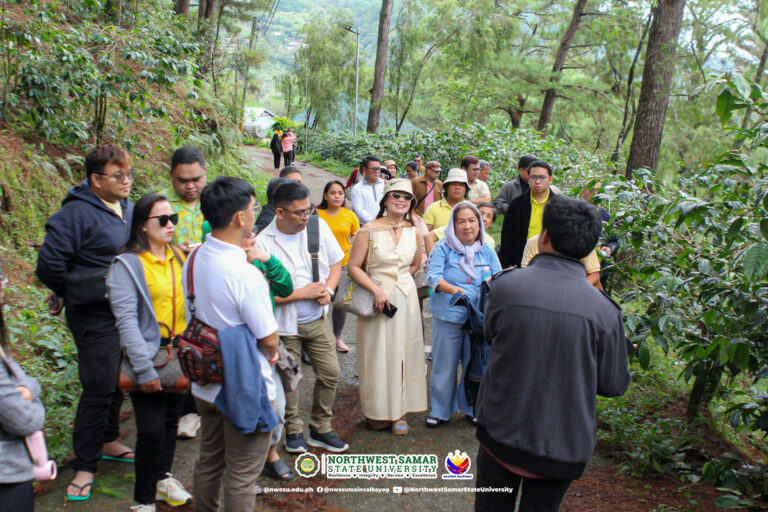
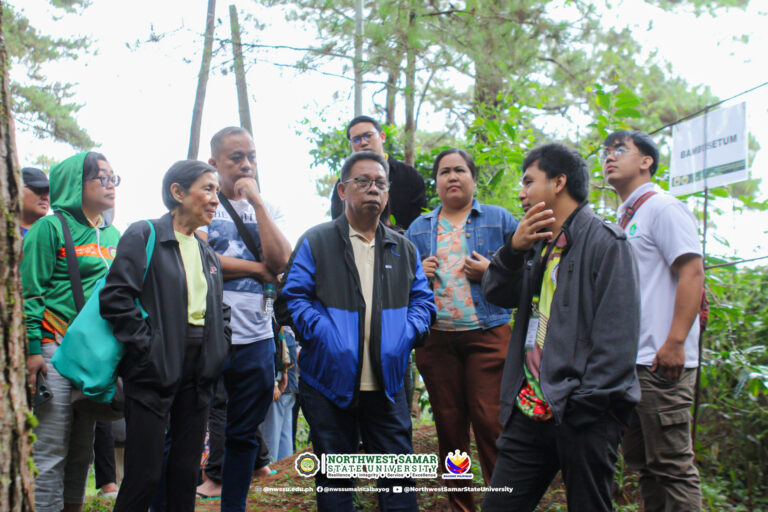
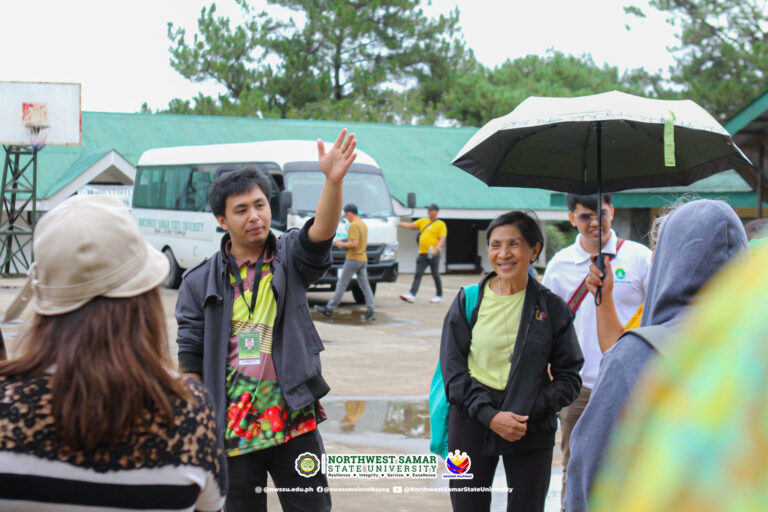
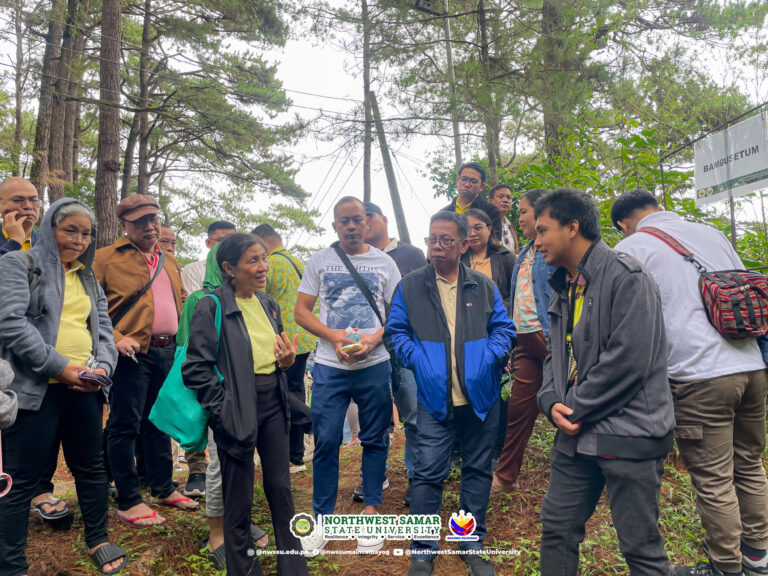
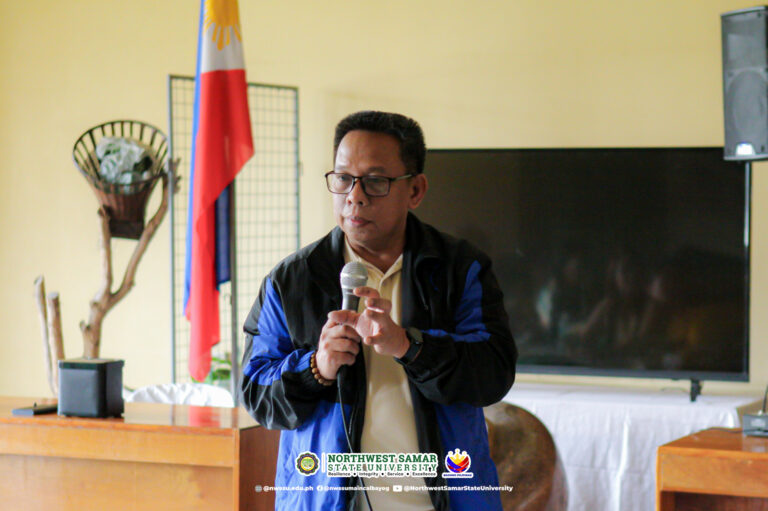
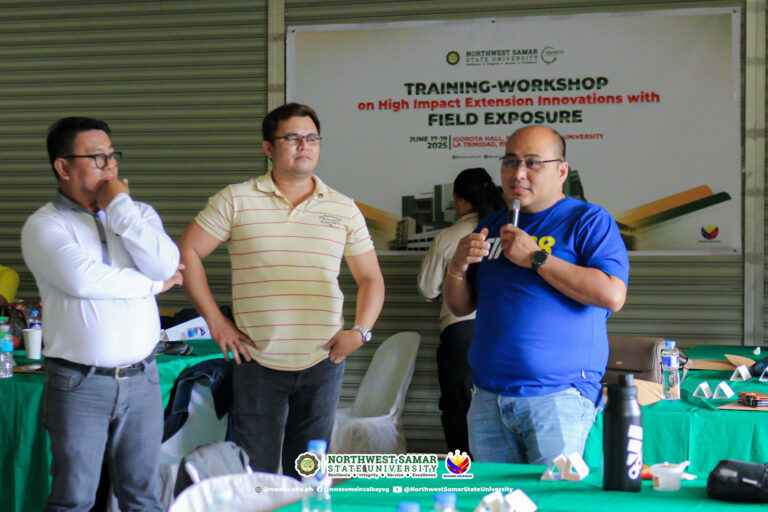
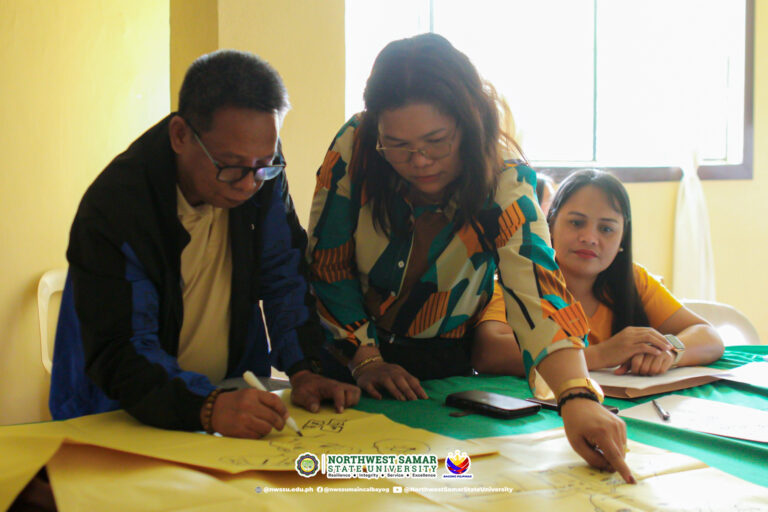
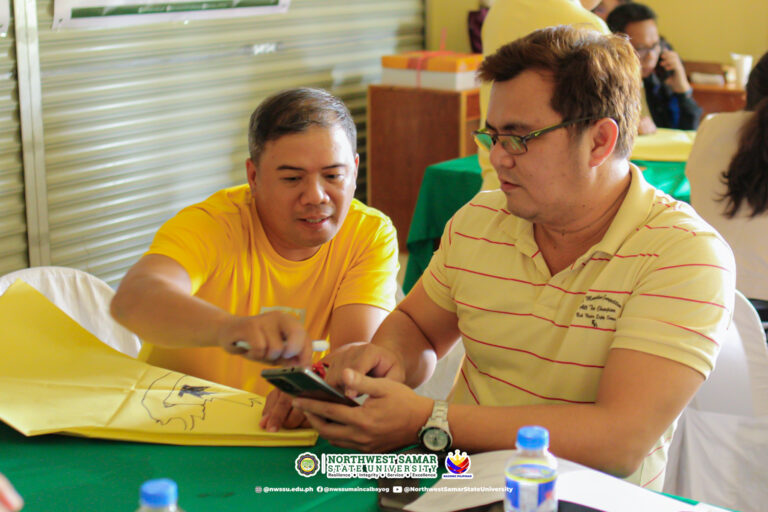
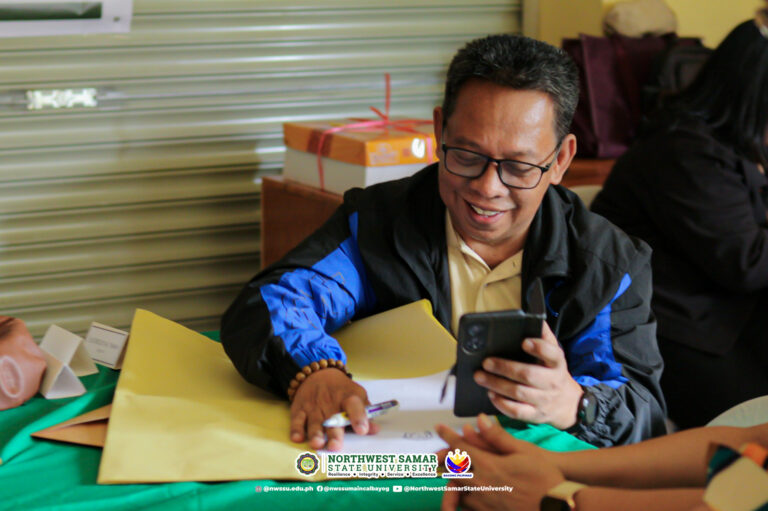
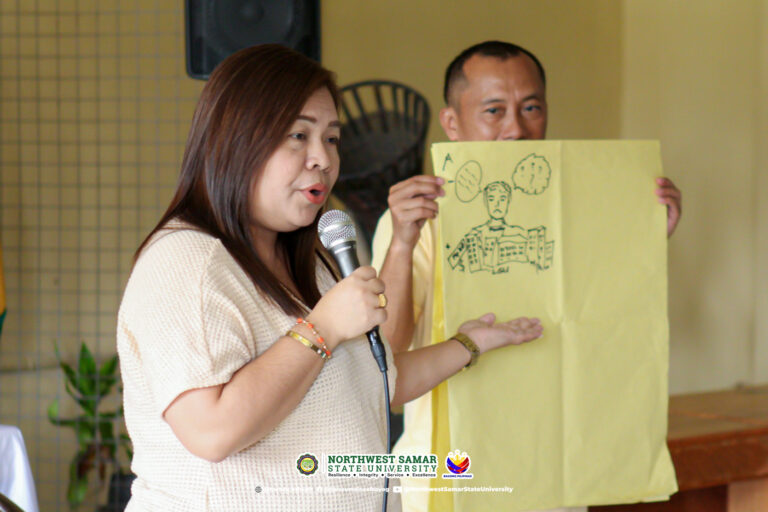
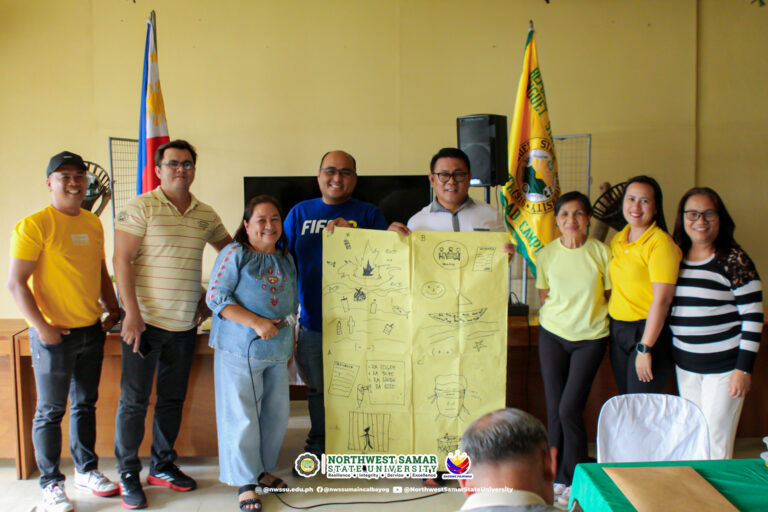
On the second day, NwSSU participants engaged in a field exposure activity at the BSU Institute of Highland Farming Systems and Agroforestry. Here, they interacted with project implementers and local stakeholders, gaining insights into how partnerships are initiated and sustained, how stakeholder relationships are nurtured, and how support systems, including funding mechanisms, are mobilized. These reflections guided the afternoon training-workshop, where participants crafted community involvement plans and designed partnership pipelines for extension projects. Outputs were presented, critiqued, and refined through collaborative feedback.
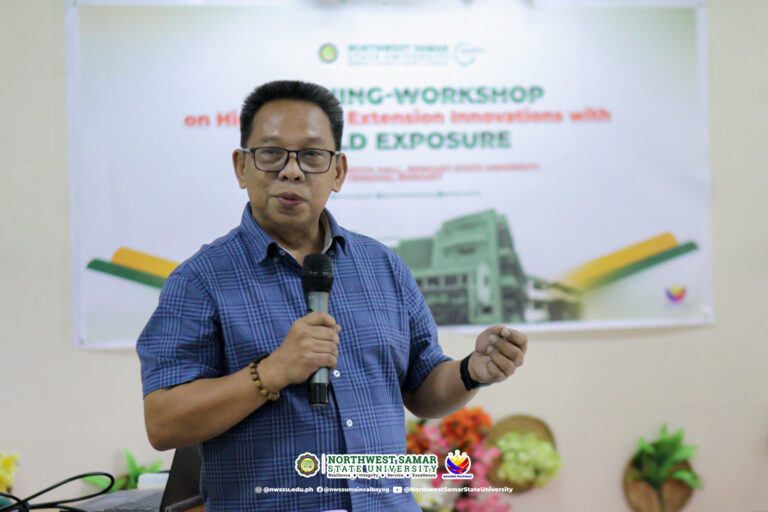
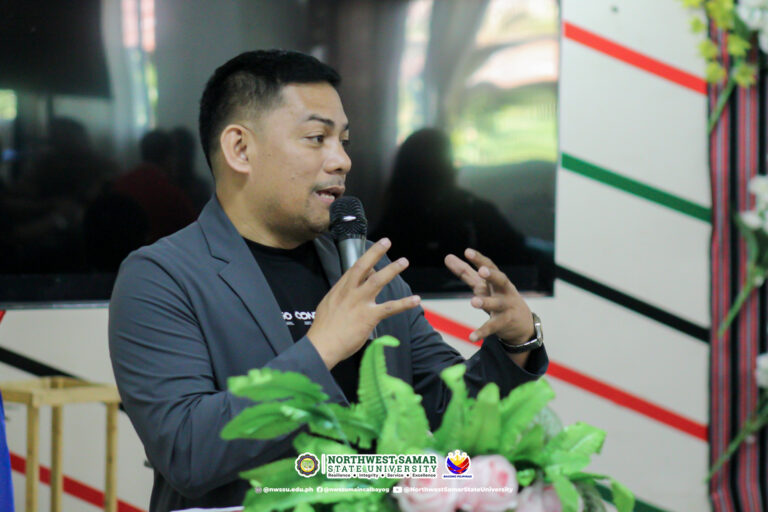
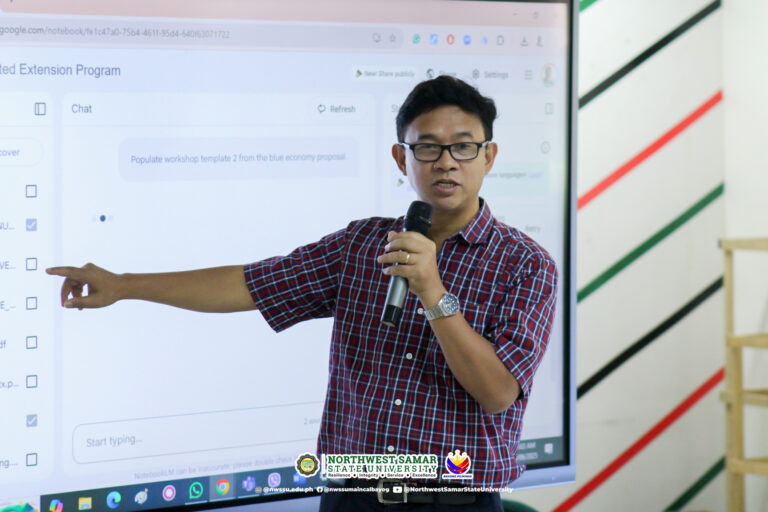
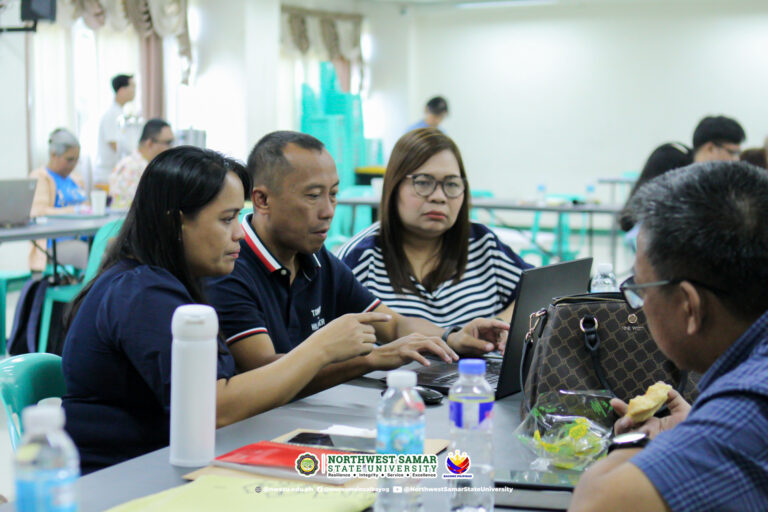
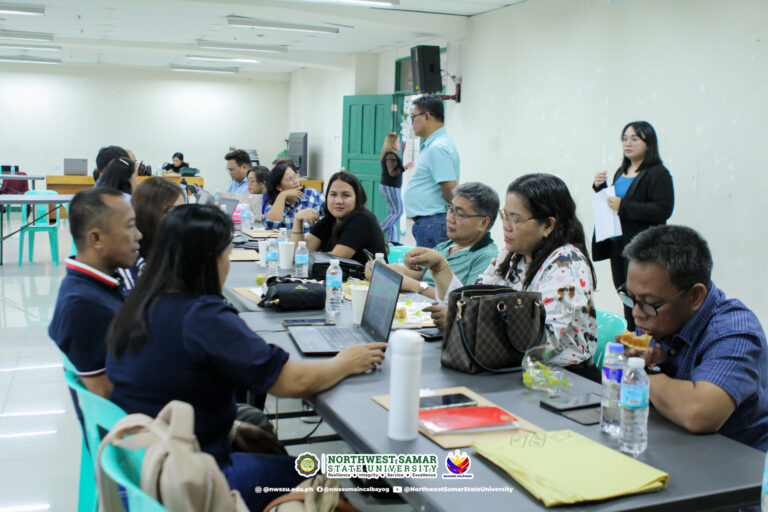
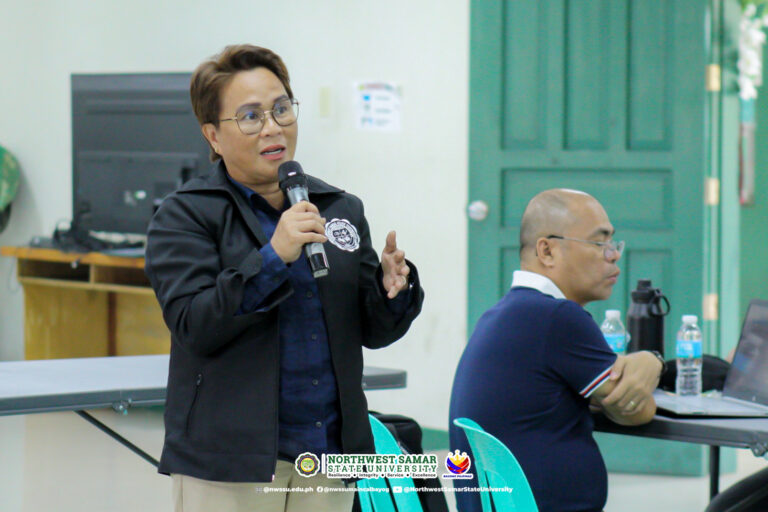
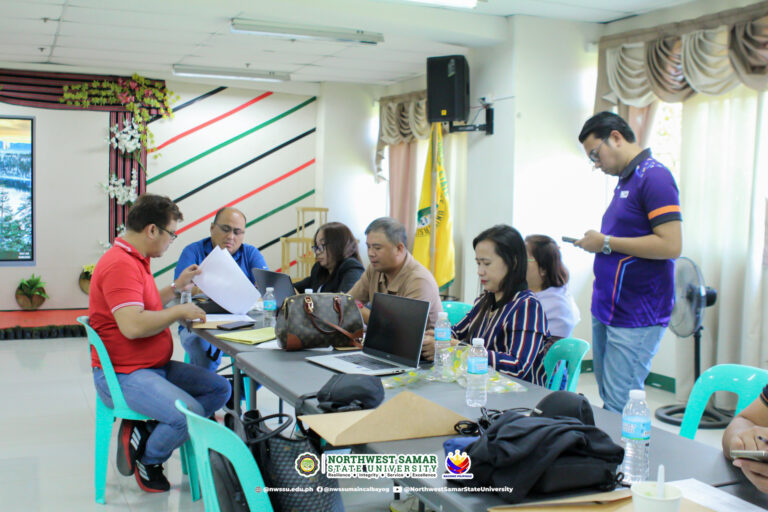
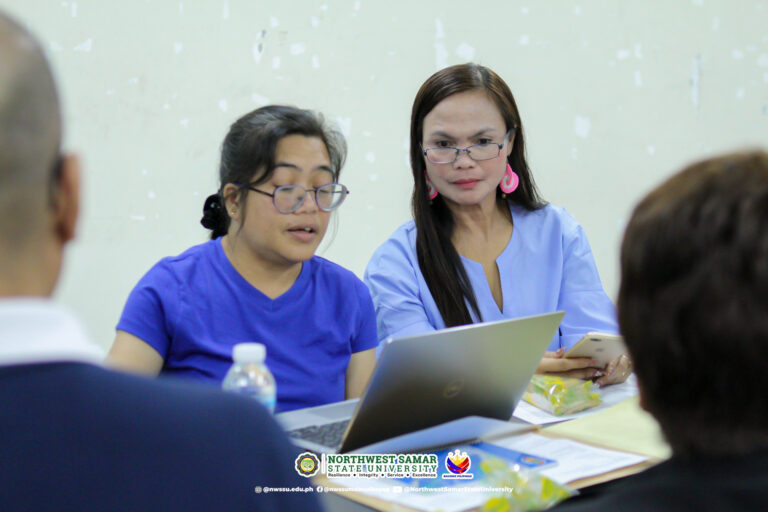
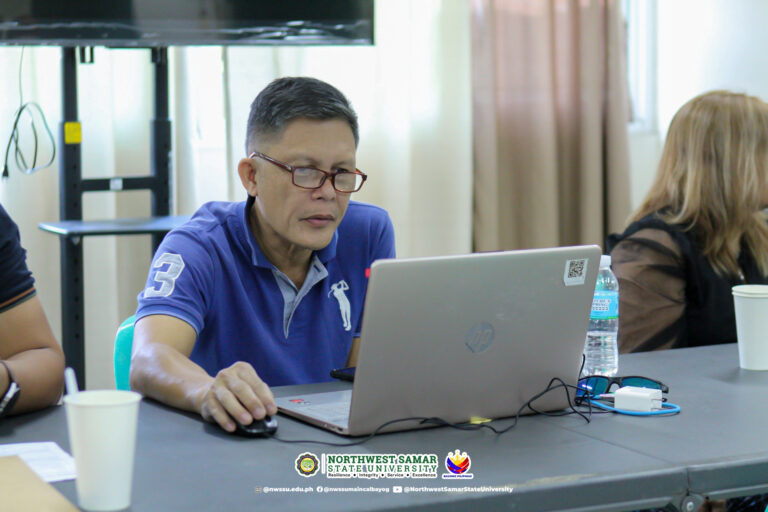
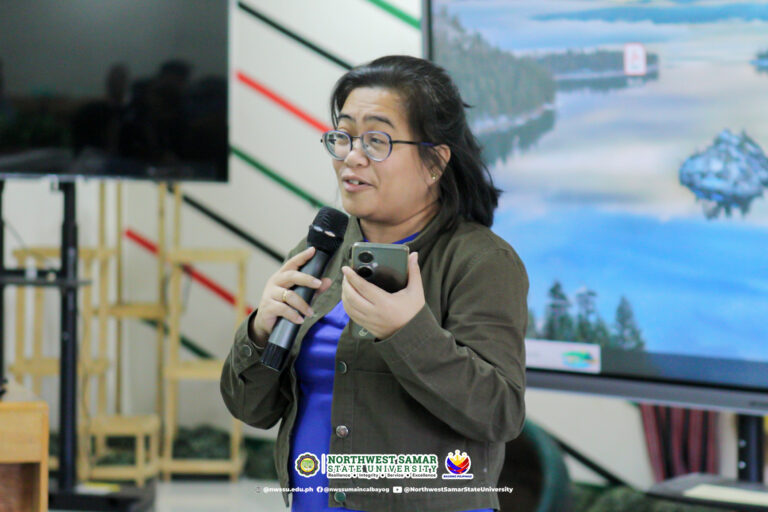
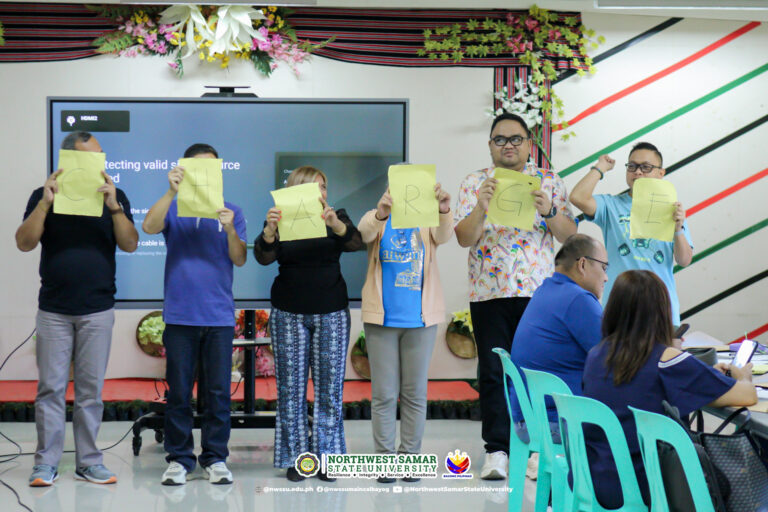
The third day featured another field visit—this time to the BSU Agri-based Technology Business Incubator/Innovation Center (ATBI). Participants met with startup incubatees to learn about their entrepreneurial ventures, the institutional support provided by ATBI, and the importance of research- driven enterprise in rural development. The culminating training session back at Igorota Hall focused on developing impact assessment tools for extension programs. Participants shared their drafts and received constructive critiques to enhance effectiveness and applicability.
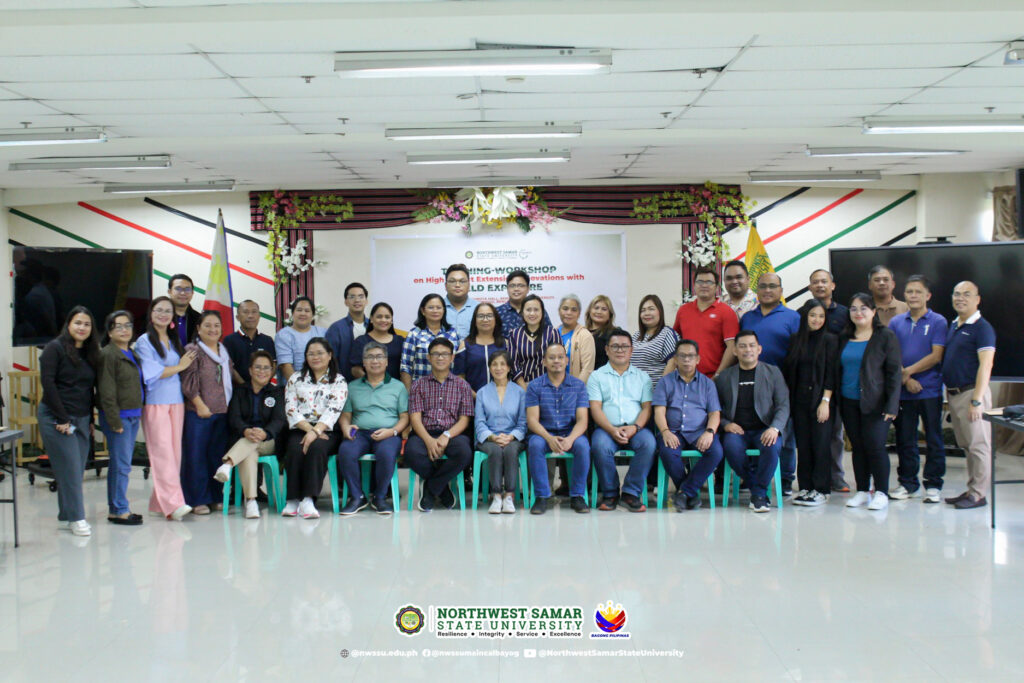
The workshop concluded with a closing program that reinforced key insights and celebrated the participating institutions’ collective commitment to inclusive, sustainable, and high-impact extension practices.
For NwSSU, the event significantly enhanced the competencies of its faculty and non-teaching staff in building strategic community linkages and responsive extension frameworks. It also enriched their professional growth and bolstered the University’s capacity to spearhead transformative, partnership- centered development in the region.



